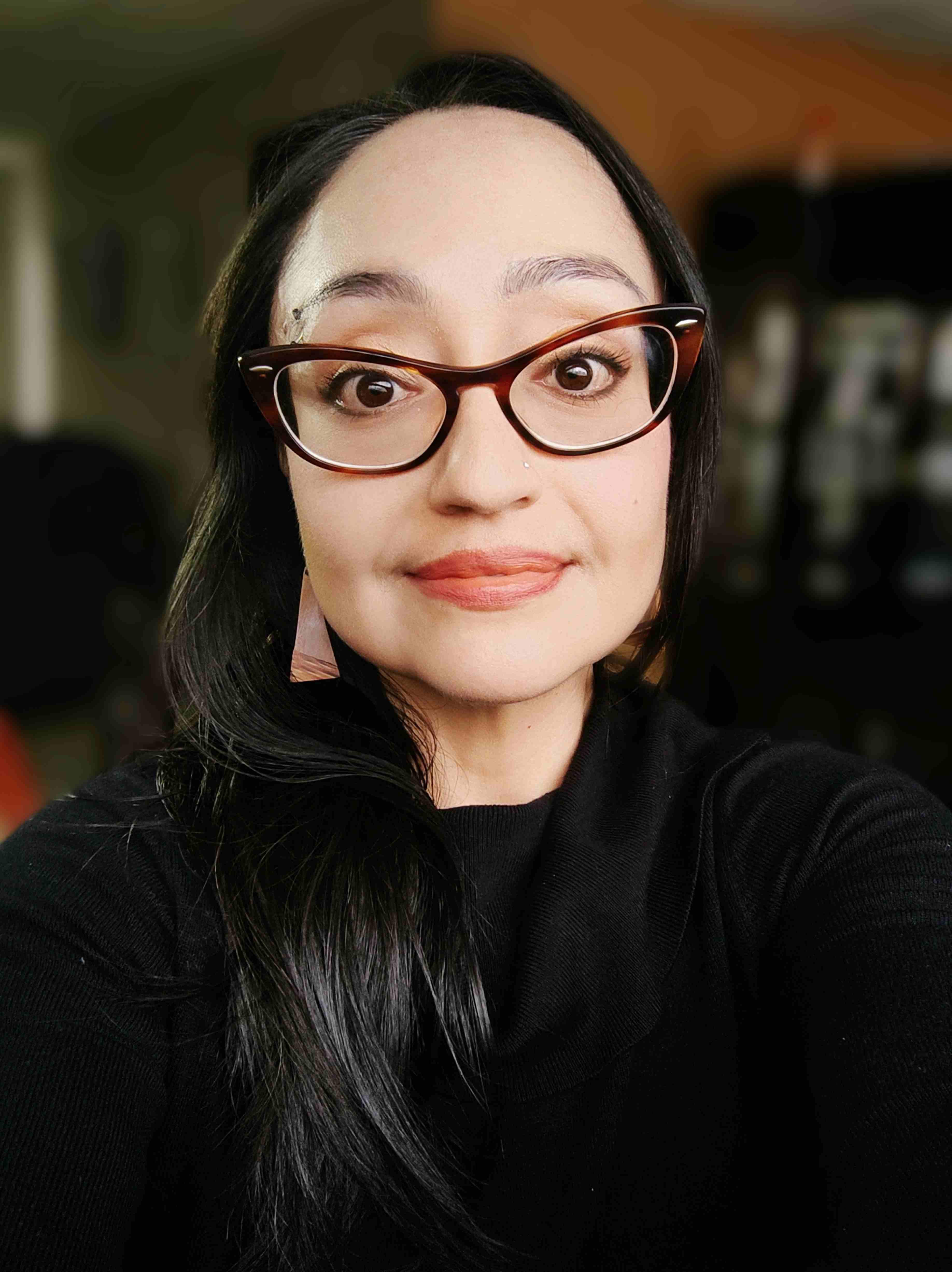Anti-carceral feminist responses to human rights penality in Ecuador and the United Kingdom.
Speaker(s):
Series:
Associated with:
Notes & Changes
Please note that this event will be recorded, if you do not wish to be part of the recording, please feel free to turn your cameras off once the talk begins. The talk will be made available on the Criminology website and YouTube channel at a later date.
Registration closes at midday on Wednesday 25th October. The Teams link will be sent to you that afternoon.
Abstract:
Today’s dominant approach to countering violence against women (VAW) centres criminal prosecution and fighting impunity, a framing that is informed by international human rights (IHR) discourses as well as colonial legacies. This “human rights penality” results from the imposition of a particular reading of reality and an understanding of rights that overlooks women’s embodied experiences and material needs, while disproportionately targeting groups that are stigmatised and marginalised based on gender, class, race, migratory status, etc. Therefore, human rights penality produces a narrow model of justice and side-lines the structural and socio-economic inequalities that contribute to VAW and that are obstacles to overcoming it. The prospect of a non-penal, counter-carceral and feminist approach to VAW emerges here. The paper presents preliminary empirical findings from ongoing interviews and sustained interactions with anti-carceral and feminist activists in Ecuador and the UK as case studies located in the global South and North. Adopting an anticolonial stance, I outline the non-carceral approaches to VAW that emerge from their work, discuss the role of human rights in anti-carceral feminist practice, and frame penal abolition as a key dimension of an anti-colonial feminist project.
Biography:

Silvana Tapia Tapia is Early Career Leverhulme Fellow at Birmingham Law School (UK). Until 2022 she served as Assistant Professor and Coordinator of Research at Universidad del Azuay’s Law School (Cuenca, Ecuador). Her work explores the limitations and paradoxes of criminal law and international human rights in responding to VAW. She employs an anticolonial feminist lens.


 Add to calendar
Add to calendar


